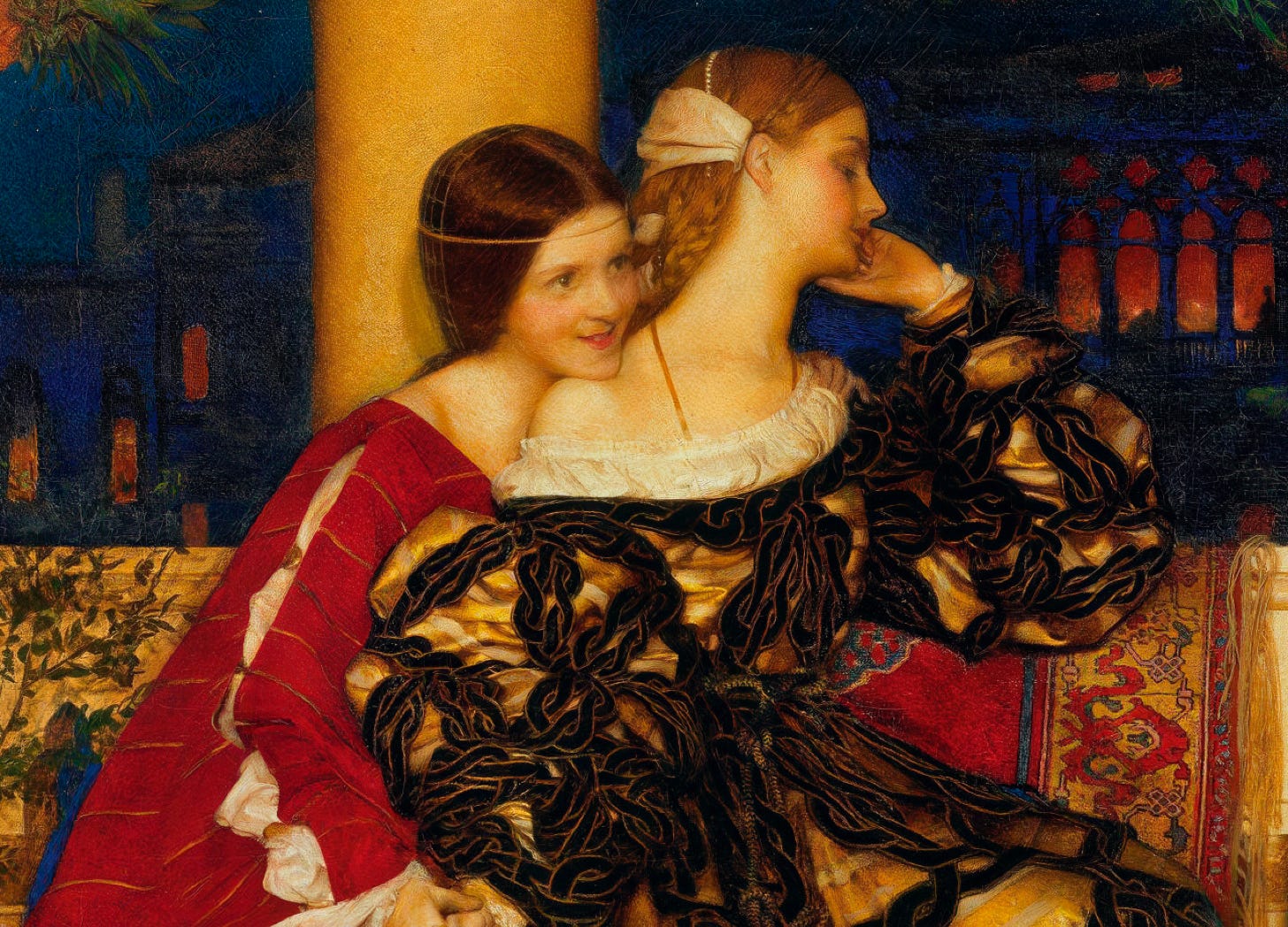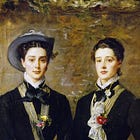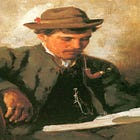When I was a wee lad, the only ‘Trixie’ I encountered was a character who appeared on reruns of The Honeymooners. I have since come to realize that, in all probability, two or three of my neighbors of the canasta-playing persuasion may have been so called. However, as I never met any of these worthy matrons, I failed to realize that ‘Trixie’ was an out-of-fashion nickname for women who had been christened as ‘Patricia’ or ‘Beatrice’.
Similarly, the first time that I saw, on the silver screen, the two-minded monologue in which Gollum refers to ‘sneaky Hobbitses … wicked, tricksy, false’, I thought that ‘tricksy’ was as much a product of Professor Tolkien’s imagination as the ring-crazed fish-basher who sued it. After all, it made perfect sense for the great champion of the fairy story to coin a word that rhymed with ‘pixie’.
So, in keeping with my love of neologisms, I made ‘tricksy’ part of my active vocabulary, to the point where, like a Hobbit with his heart set on burglary, it snuck into the title of this series. (Recently, while making an aggregator, I learned that this bit of subconscious legerdemain took place in July of 2023, and thus at an early point in the history of Tricksy Twins.)
With these things in mind, you can imagine the mixture of delight and disappointment I experienced when, with the aid of the marvelously searchable catalogue of the Hathi Trust and my venerable two-volume edition of the Oxford English Dictionary, I discovered that, far from being a litter-mate of ‘tween’, ‘elven’, and ‘dwarves’, ‘tricksy’ antedates the publication of the Hobbit by a good quarter millennium.
For much of this period, both ‘tricksy’ and ‘tricky’ indicated that a proclivity for the playing of tricks. In the Age of Machines, however, the meanings diverged somewhat. ‘Tricksy’ continued to suggest that the tricks in question, whether malevolent, ambivalent, or benevolent, resulted from the workings of a will. ‘Tricky’, however, began to be applied to product of the ironmonger’s art that, while clearly unable to think, and thus bereft of volition, called for the sort of careful, highly specific, and counter-intuitive handling that, in simpler, more magical, times, was largely reserved for dealing with pixies.
For Further Reading:
To Subscribe, Share, or Support:







